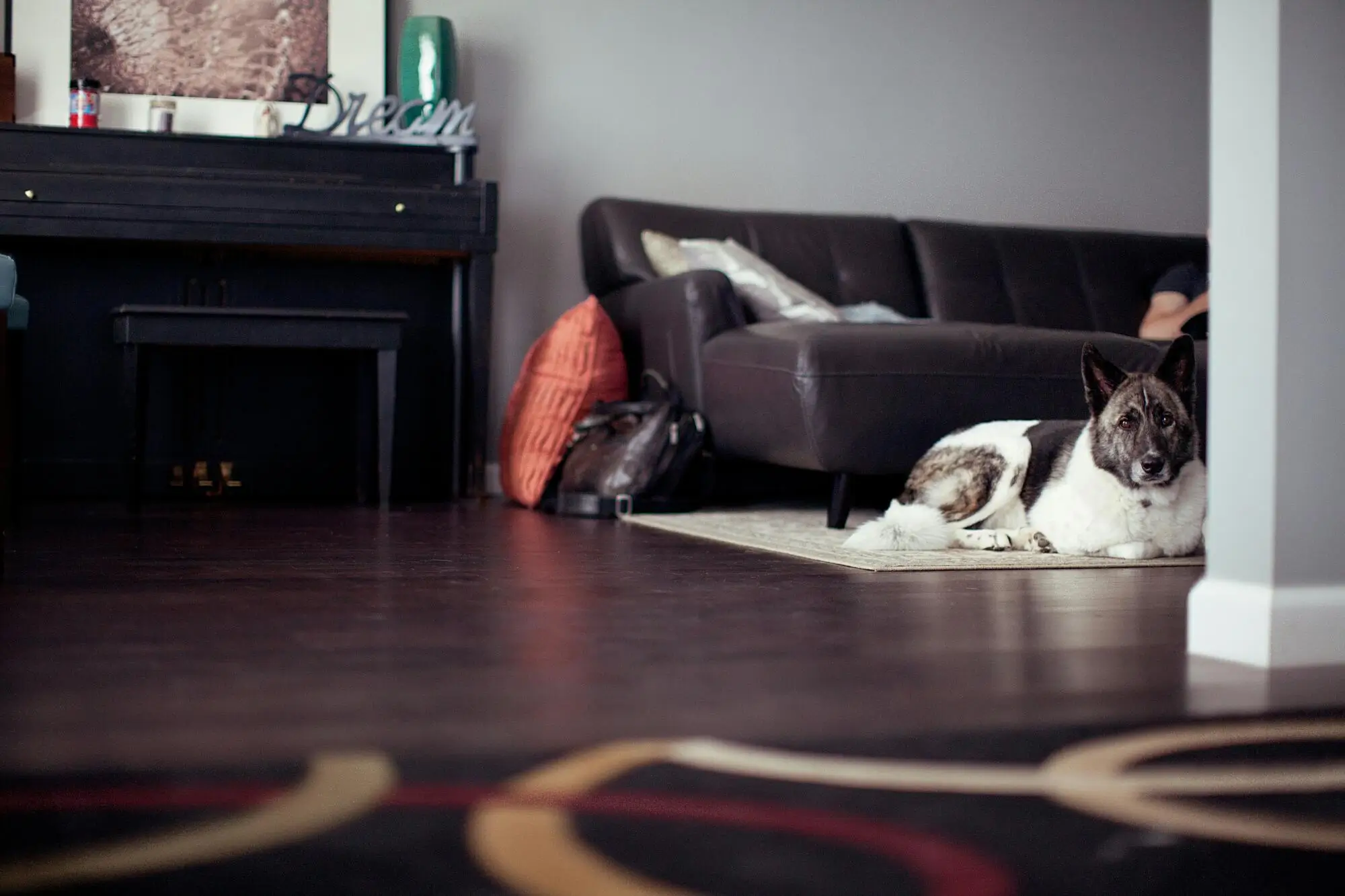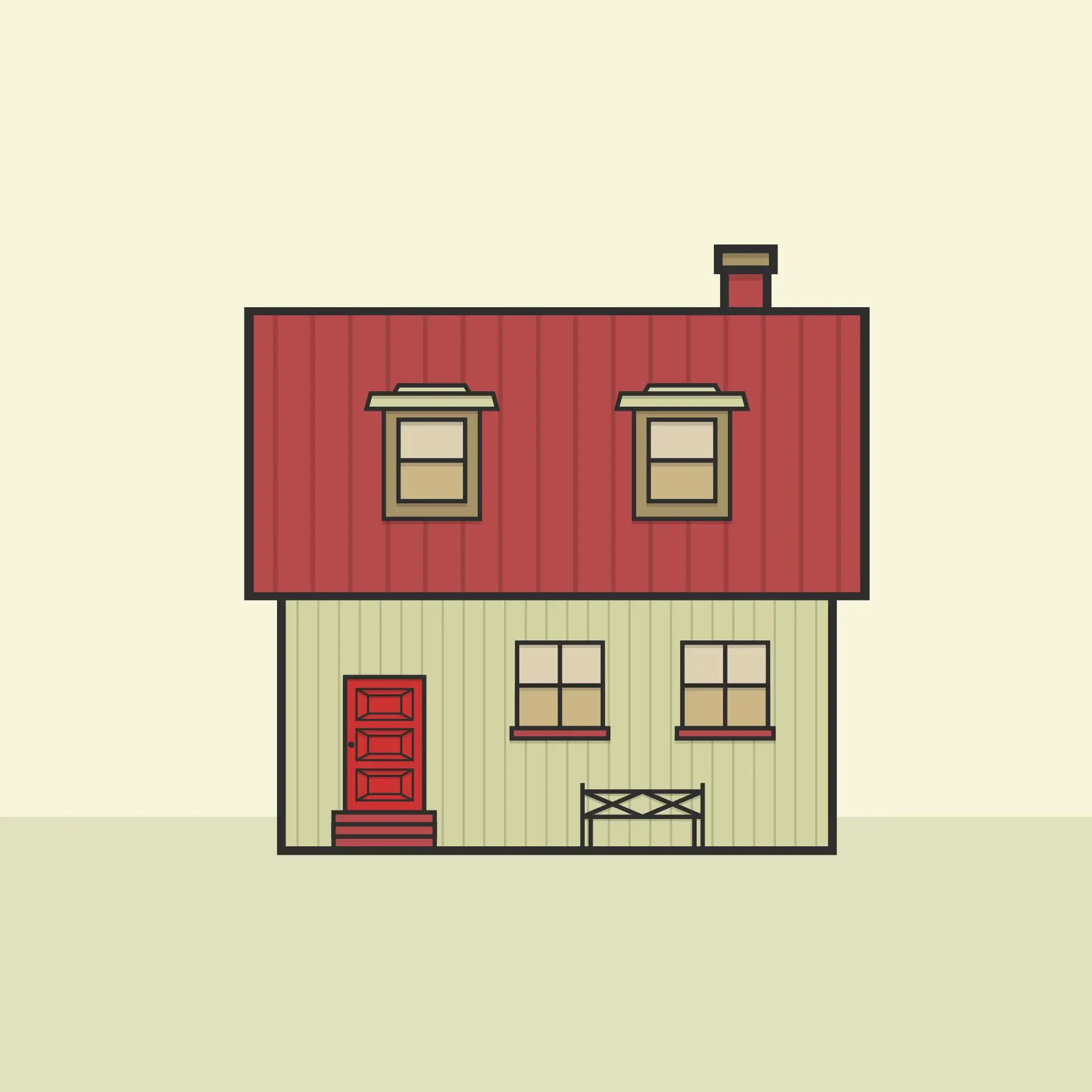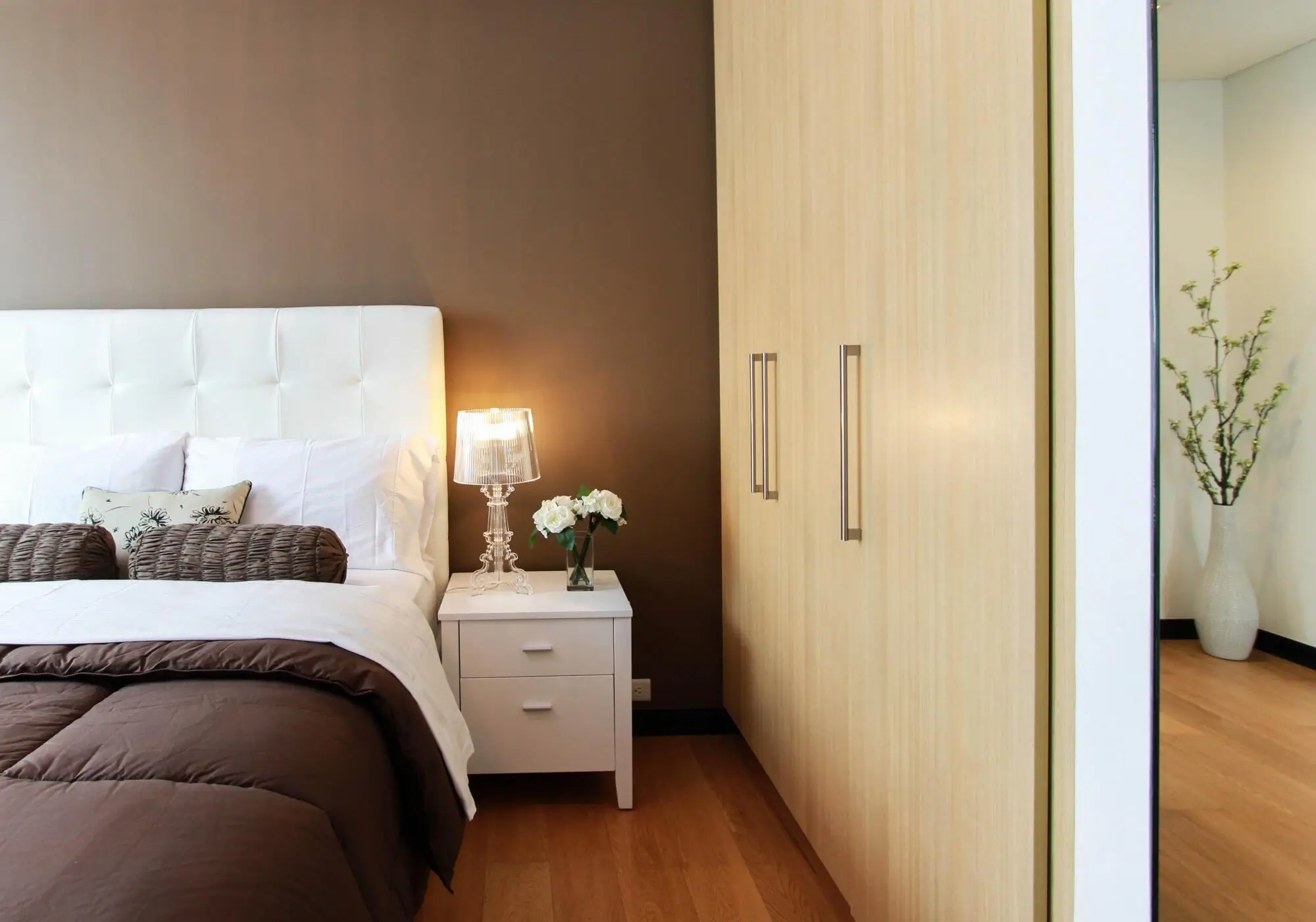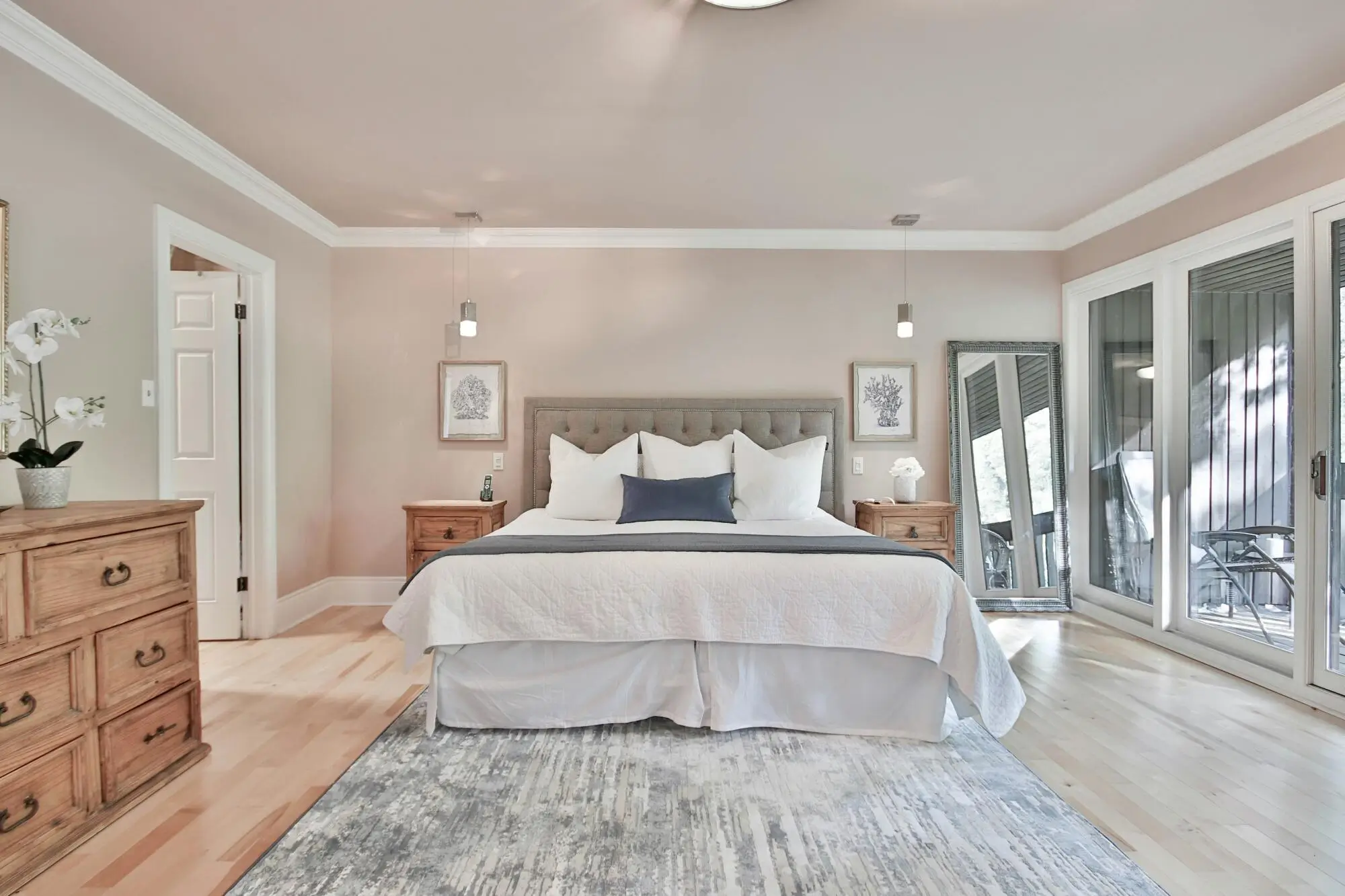By Zachary Cooper - Saturday, June 21, 2025
By Zachary Cooper - Saturday, June 7, 2025
Pros and Cons of Allowing Pets in Your Pace, FL Rental Property
By Zachary Cooper - Wednesday, May 21, 2025
Benefits of an Online Tenant Portal for Owners and Tenants in Pace, FL
By Zachary Cooper - Wednesday, May 7, 2025
Property Marketing Tips to Attract Tenants in a Tough Market in Pace, FL
By Zachary Cooper - Monday, April 21, 2025
Lease Enforcement Tips for Landlords in Pensacola
By Zachary Cooper - Monday, April 7, 2025
How to Run a Tenant Criminal Background Check in Pensacola, FL
By Zachary Cooper - Friday, March 21, 2025
Why Should I Look Into Hiring a Property Manager in Pensacola?
By Zachary Cooper - Friday, March 7, 2025
Signs You Need to Hire a Property Management Company in Pace, FL
By Zachary Cooper - Friday, February 21, 2025
How to Keep Great Tenants in Your Pensacola Investment Property
By Zachary Cooper - Friday, February 7, 2025
How Often Should a Landlord Inspect Rental Property in Pace, FL?
Showing 1- 10 of 15










